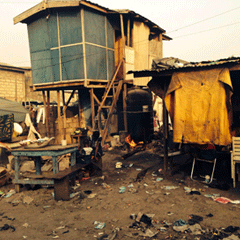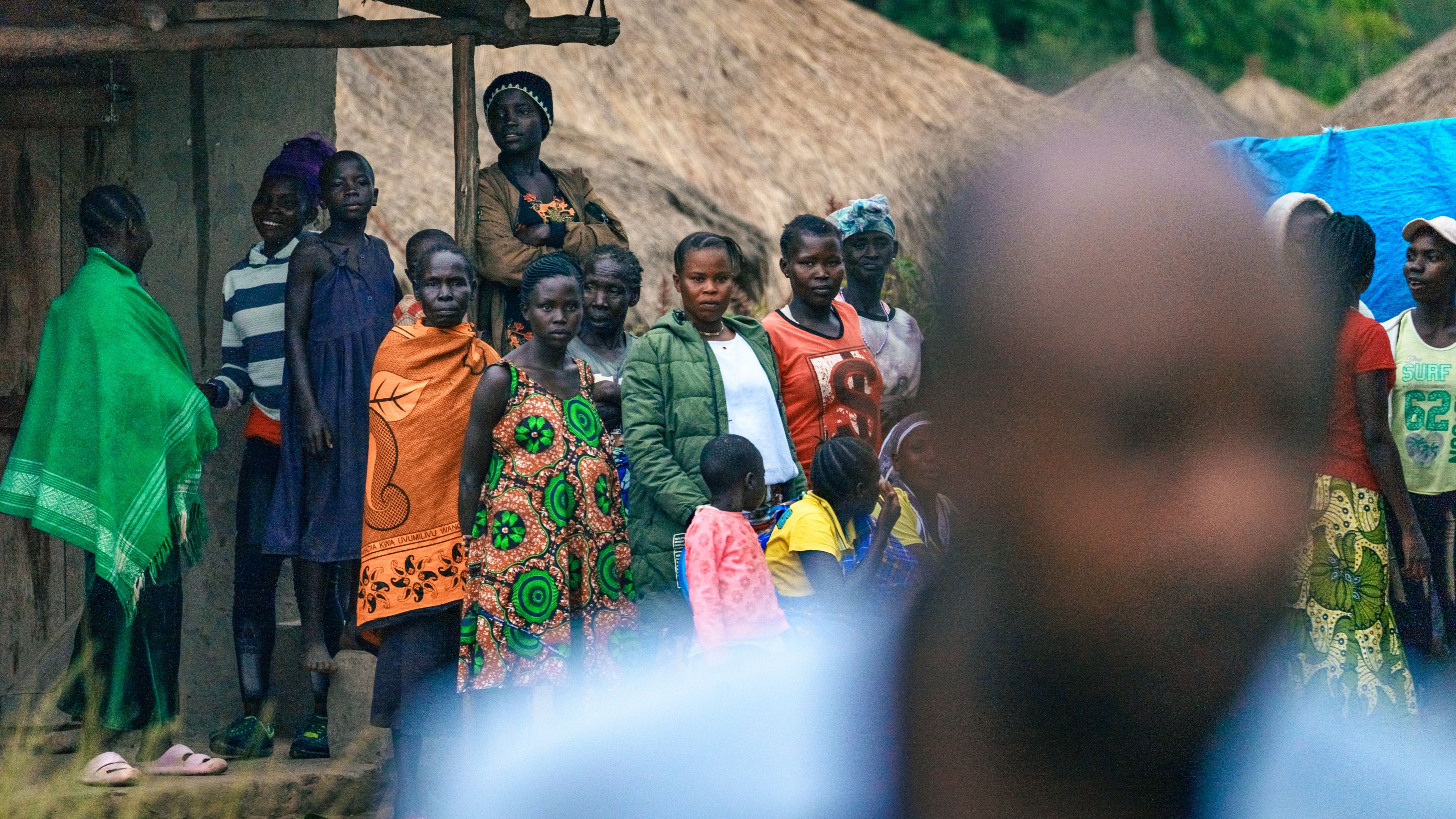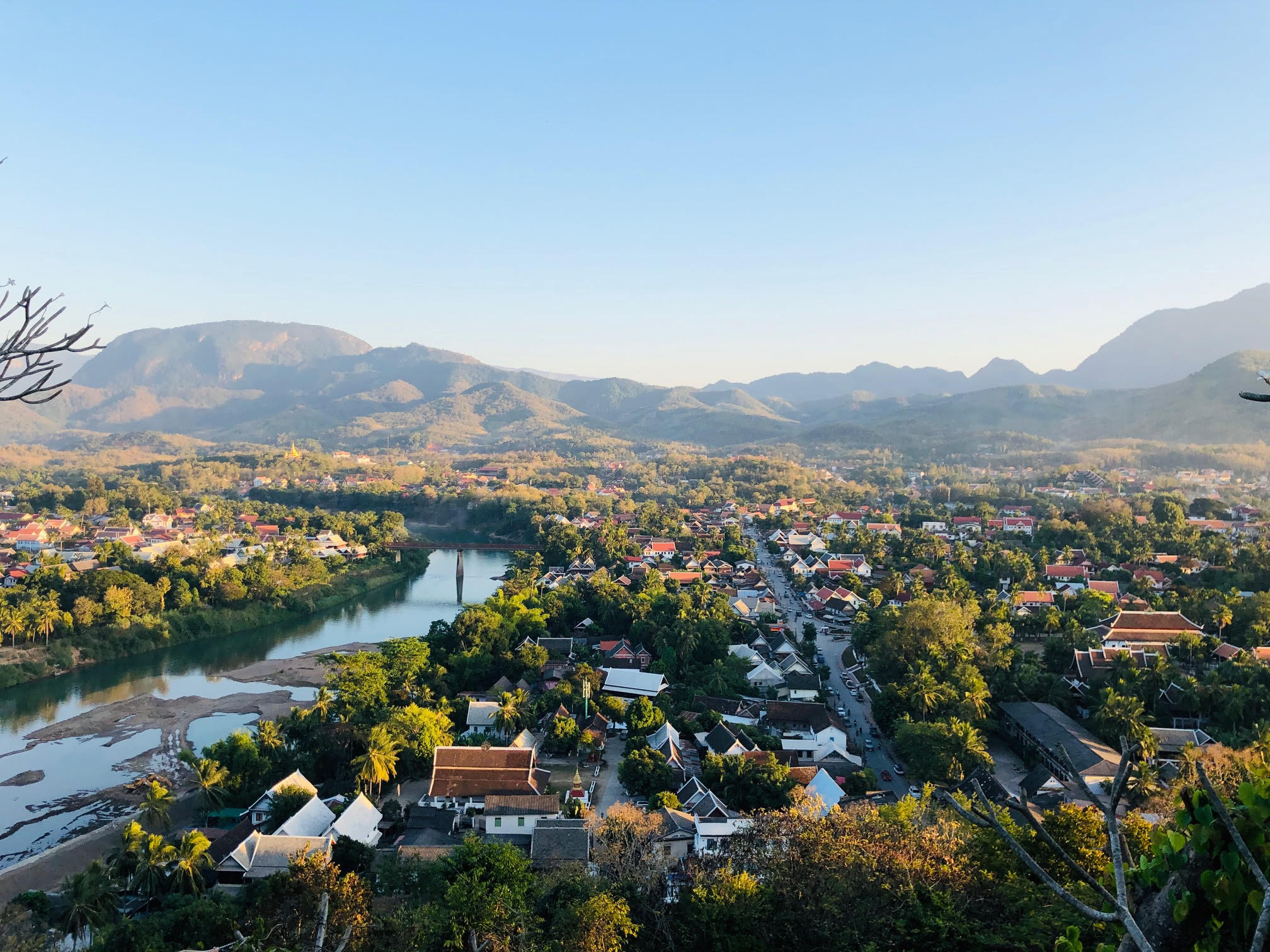|
CALL FOR PAPERS for our FIFTH ANNUAL REDUCING URBAN POVERTY 2014
Graduate Student Paper Competition, Policy Workshop and Publication
Abstracts due: April 30, 2014
[24 February 2014] -- To encourage a new generation of urban policy makers and promote early career research, USAID, International Housing Coalition (IHC), World Bank, the Wilson Center, and Cities Alliance are co-sponsoring a fifth annual paper competition, seeking abstracts on urban poverty in the developing world.
Winning papers will be published and selected authors will present their work in a policy workshop to be held at the Wilson Center in Washington, D.C. in January, 2015. The grand prize winner will receive a travel stipend to present the paper at a Cities Alliance Forum in Brussels.
Papers must be linked to one of the following sub-topics:
Cities and Climate Change
Cities are where the battle for climate change will be fought and won. Urban areas account for 70-80% of greenhouse gas (GHG) emissions, yet on a per capita basis many cities emit less GHG than their rural and suburban counterparts. Cities, especially in coastal areas, are being forced to adapt to the realities of climate change. Cities are also on the cutting edge of innovations in energy efficiency and GHG mitigation through interventions in sectors such as urban planning and design, transportation and storm water management.
Papers on this topic should explore the ways in which cities of the developing world are adapting to, and mitigating the severity of, climate change.
Urban Resiliency
Recent urban disasters, such as the 2010 earthquake in Port-au-Prince, Haiti, or the typhoon that hit the coastal city of Tacloban in the Philippines, expose the unique challenges and opportunities of responding to natural and man-made disasters occurring near urban agglomerations. Responding to and recovering from the destruction of housing, basic services and public infrastructure is particularly challenging in urban settings, as is planning for disaster risk reduction in the future.
At the same time, the density of population and infrastructure in cities makes planning for permanent reconstruction while still enabling temporary solutions for victims of disasters extremely difficult. Papers on this topic should focus on long term reconstruction planning, preparedness, early response, resiliency, and recovery, and could address issues such as shelter and housing, service delivery, infrastructure, or city planning in a post-disaster setting.
Inclusive Cities
With rapid global urbanisation, cities are becoming spaces where increasingly diverse populations negotiate differences in race, class, ethnicity, nationality and gender. In particular, unprecedented rates of migration are testing the capacity of cities for accommodation. Inclusive pluralism is an essential aspect of sustainable urban development. What are the policies and practices that help marginalised urbanised populations more fully access infrastructure and services and participate in the city’s social, political and economic activities?
Papers on this topic should examine policies that are confronting the challenges of urban diversity, developing and strengthening urban inclusion through governance structures, civic engagement, planning, the use of city space, and other mechanisms.
Impacts of the Informal Economy
The economic power of cities is well documented. Less documented is the scale of the informal economy, although this is beginning to change. Informal settlements are full of entrepreneurial men and women who earn livelihoods by providing urban service delivery such as water and transportation.Cities can take advantage of the economic potential by supporting local economic development and encouraging urban productivity.
Papers on this topic should explore innovations in measuring the informal economy and supporting productive livelihoods in urban areas, especially in informal settlements.
Process and Timeline
♦ Eligibility
This call for papers is directed at PhD students and advanced Masters students. To be eligible, applicants should be currently enrolled in a degree program as of April 30, 2014. Papers can be co-authored, as long as each author is a graduate student. In this case, only one author will present at the policy workshop.
♦ Abstract Submissions
o Abstracts (max 500 words) and a brief CV should be submitted to the selection committee by April 30, 2014. Submissions should be sent to UrbanPaperComp@WilsonCenter.org
o Abstracts should contain a title, paper description, author name and affiliation, and specify which of the topical areas listed below the paper will most directly address.
♦ Criteria for Selection
o Abstracts should present a clear, compelling research question.
o Preference will be given to the presentation of original, field-based research that builds upon existing scholarship as opposed to desk or literature reviews.
o Paper proposals should be policy-based and solutions-oriented and should critically examine existing projects and/or propose new strategies for tackling issues related to urban poverty in the developing world.
o Abstracts should be clearly linked to one or more of the sub-topics outlined below.
♦ Request for Full Papers
o A panel composed of members of the sponsor organisations will review submitted abstracts and request full papers from finalists.
o Applicants will be notified in mid-May whether they will be asked to write a full paper, which will be due by July 31, 2014.
o Completed papers should be a maximum of 20 pages in length including appendixes (double-spaced, Times New Roman 12pt font) and utilize the guidelines used by the Chicago Manual of Style.
♦ Publication
o Roughly 10 of the full papers will be compiled in a book and published by the Woodrow Wilson Center.
o Publication of each selected paper is subject to review and will be contingent upon completion of suggested revisions by the authors, should they be requested by the selection committee.
♦ Policy Workshop:
o 3-5 of the authors selected for publication will be invited to Washington, DC in January, 2015 to take part in a unique “policy workshop” that will bring together academics, policy makers and students for an interactive discussion of international urban development topics. The session will focus on bridging gaps between policy and academia, theory and practice. Workshop invitees will be provided with a travel stipend to help cover transportation and accommodation costs.
o At the workshop, students will be paired with a senior development expert who will serve as a discussant for their paper.
o The grand prize winner will be awarded a travel stipend to present the paper at a Cities Alliance Forum in Brussels (Belgium).
Papers from a variety of perspectives are appropriate, including (but not limited to) urban planning, economics, political science, geography, public policy, law, sociology, environment, anthropology, housing policy, governance, emergency services, and public health.
For more information, please contact UrbanPaperComp@WilsonCenter.org
|
|





